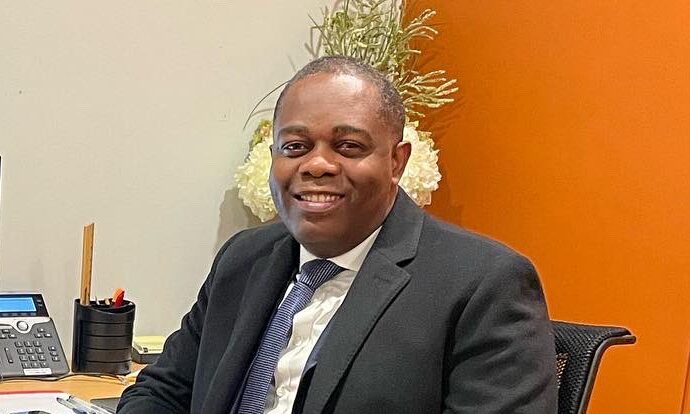The Federal Government of Nigeria has set a bold target to enroll at least 40% of the population into health insurance schemes by 2030, as part of its efforts to achieve universal health coverage (UHC) and provide all Nigerians with access to quality healthcare services.
This was disclosed by the Director-General of the National Health Insurance Authority (NHIA), Dr. Kelechi Ohiri, during the Health and Managed Care Association of Nigeria (HMCAN) annual conference and induction ceremony.
The Gaps in Health Insurance
Dr. Ohiri expressed concern over the current state of health insurance in Nigeria, noting that significant unmet needs persist despite over two decades of operations. He highlighted that a staggering 99% of Nigerians in the informal sectorare yet to be integrated into health insurance schemes, leaving a vast segment of the population financially vulnerable in times of medical need.
“Health insurance is crucial to preventing financial hardship and ensuring access to quality healthcare without fear of financial ruin,” Dr. Ohiri said.
Strategic Priorities for Expansion
The NHIA DG outlined four critical areas of focus for achieving UHC:
- Expanding health insurance coverage to all Nigerians.
- Improving equity, ensuring no one is left behind.
- Enhancing the quality of care delivered across the healthcare system.
- Building an efficient and sustainable industry through better coordination among stakeholders.
Achieving these objectives, Dr. Ohiri emphasized, will require collaboration among the government, private sector, and civil society organizations. He also stressed the importance of creating public awareness, enforcing mandates, and rebuilding trust in the health insurance system.
The NHIA Act of 2022, which mandates employers to provide health insurance for their employees, is seen as a key legislative tool. Dr. Ohiri underscored the need for strict enforcement of this law to achieve broader coverage.
Lagos State’s Perspective
Contributing to the discussion, Professor Akin Abayomi, Lagos State Commissioner for Health, highlighted the importance of integrating healthcare into the mainstream economy.
“Healthcare provision must cater to both those who can afford it and the vulnerable,” Prof. Abayomi noted.
He advocated for equity funding and subsidized healthcare for vulnerable populations, while promoting health insurance as a critical mechanism to reduce catastrophic out-of-pocket spending, which often plunges families into financial distress.
Driving Business and Regulation in Healthcare
Speaking as a panellist, Otunba Lekan Ewenla, Managing Director/CEO of Ultimate Health Management, emphasized that healthcare must be run as a well-regulated business.
He called for strict enforcement of regulations to ensure compliance by Health Maintenance Organizations (HMOs)and healthcare providers. Ewenla also stressed the need to improve service quality to meet the evolving needs of patients.
Pathway to Universal Coverage
The conference underscored the shared responsibility of all stakeholders in transforming Nigeria’s health insurance landscape. Dr. Ohiri called on state health insurance schemes, HMOs, healthcare providers, and government agencies to collaborate effectively, ensuring that most Nigerians are protected from the high costs of healthcare.
The Federal Government’s ambitious health insurance target is seen as a critical step toward addressing the nation’s healthcare challenges and achieving sustainable development goals in health.




